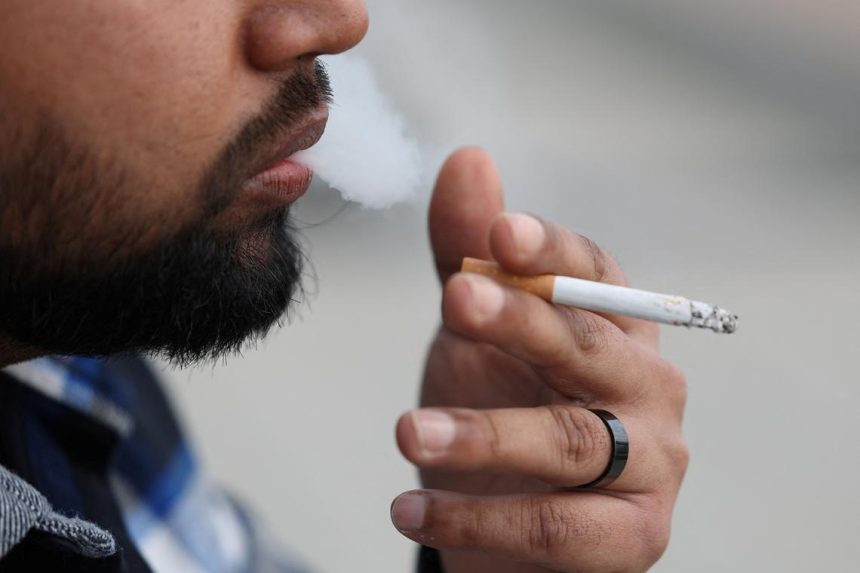A new UNICEF Maldives survey has revealed that while the majority of Maldivian youth understand the severe health risks of tobacco use, many continue to face significant challenges resisting peer and media influences that normalise smoking and vaping.
The survey, conducted among 105 students aged 16–20 to mark World No Tobacco Day 2025, found that nearly 89% of respondents believe smoking is “very harmful” to health. This reflects the positive impact of ongoing awareness campaigns and the government’s strengthened tobacco control measures, including the upcoming Generational Tobacco Ban.
Under the ban, ratified by President Dr Mohamed Muizzu in May 2025, anyone born on or after 1 January 2007 will be prohibited from ever purchasing or using tobacco. The law, which takes effect on 1 November 2025, follows the December 2024 ban on importing, selling, and using e-cigarettes and vaping products.
Peer Pressure and Social Discomfort Remain Key Barriers
Despite strong awareness, only 62% of respondents said they would confidently refuse if offered a cigarette or vape by a friend, while 20% admitted they would feel awkward or unsure. UNICEF noted that such hesitation underscores the need for practical refusal skills and peer-support strategies, not just information campaigns.
Media Influence Complicates Prevention Efforts
The study found that 63% of youth believe media and influencers make smoking look “cool,” while 39% cited friends or family and 31% cited social media as their main sources of exposure to tobacco use. This dual influence—both in-person and online—continues to normalise tobacco use among adolescents.
Positive Role Models and Support Systems
Encouragingly, 78% of participants said the best way to help a friend quit is to connect them with a trusted adult or counsellor. Nearly half (46.6%) also highlighted the importance of positive role models and influencers in promoting tobacco-free lifestyles.
UNICEF’s Recommendations
The report urges the inclusion of youth voices in tobacco policy-making, the creation of safe spaces for open discussions on peer pressure and addiction, and collaboration with relatable influencers to counter pro-tobacco narratives online. Suggested initiatives include:
- “Well-being Hangouts” to build self-confidence and refusal strategies.
- “Speaking-Easy” sessions for open conversations about risky behaviours.
- Youth-led advocacy videos and posts to challenge smoking’s glamorisation on social media.
Towards a Tobacco-Free Generation
UNICEF Maldives emphasised that the upcoming generational ban will only succeed if complemented by sustained youth engagement, community support, and targeted interventions addressing both social dynamics and media influence.
“Maldivian youth are informed and motivated, but they face a complex web of social and digital pressures,” the report concludes. “A coordinated, youth-centred approach is essential to build a truly tobacco-free generation”.
With the Maldives set to become one of the first nations in the region to implement a generational ban, the findings offer both encouragement and a clear roadmap for reinforcing tobacco prevention among the country’s next generation.




